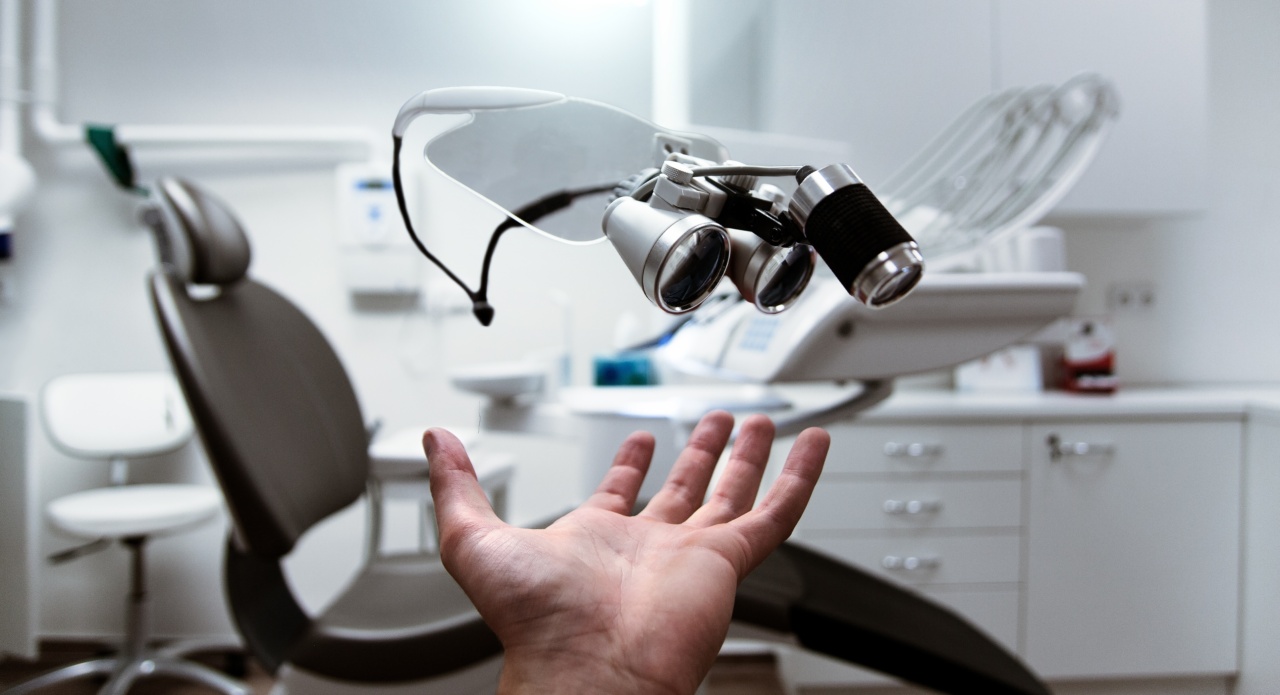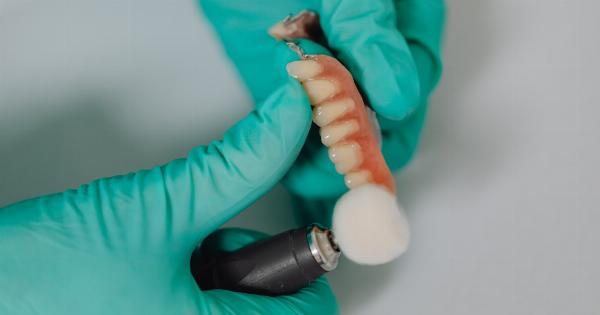Medications are essential tools in treating and preventing various diseases and illnesses. However, some medications may cause adverse effects on dental health. Some drugs can cause oral dryness, gum inflammation, and tooth decay.
In this article, we discuss the infamous medications that can harm dental health.
Antidepressants
Antidepressants are medications that help elevate mood by regulating brain chemicals. However, some antidepressants may cause dry mouth, a condition that increases the risk of tooth decay and gum inflammation.
Dry mouth occurs when there’s an inadequate amount of saliva to moisten the mouth. Saliva helps neutralize acids produced by oral bacteria, which are responsible for tooth decay.
Therefore, if you take antidepressants and experience dry mouth, it’s advisable to drink plenty of water, suck on sugar-free candies or chew sugar-free gum to stimulate saliva production. Also, proper oral hygiene such as brushing twice a day, flossing, and using mouthwash can help prevent tooth decay and gum inflammation.
Chemotherapy drugs
Chemotherapy drugs are medications that are effective in treating various types of cancer. However, these drugs can have severe side effects on dental health such as mouth sores and gum bleeding.
Chemotherapy can also affect the immune system, making it difficult to fight off oral infections. Therefore, if you’re undergoing chemotherapy, it’s essential to practice good oral hygiene to prevent oral complications. Regular dental check-ups with your dentist can also help detect and treat any dental issues early.
Antihistamines
Antihistamines are medications that help reduce allergy symptoms such as sneezing, itching, and runny nose. However, antihistamines can cause dry mouth, a condition that increases the risk of tooth decay and gum inflammation.
To prevent oral dryness, it’s advisable to take sips of water throughout the day, suck on sugar-free candies, or chew sugar-free gum. Proper oral hygiene can also help prevent tooth decay and gum disease.
Painkillers
Painkillers such as opioids and nonsteroidal anti-inflammatory drugs (NSAIDs) are effective in reducing pain and inflammation. However, prolonged use of these medications can cause dry mouth, which increases the risk of tooth decay and gum inflammation.
Painkillers also increase the risk of bleeding gums, which can result in gum infections. It’s essential to take painkillers as prescribed by a healthcare provider and practice good oral hygiene to prevent dental complications.
Antacids
Antacids are medications that help reduce acid reflux, heartburn, and indigestion. However, some antacids contain high sugar content, which can increase the risk of tooth decay.
Also, prolonged use of antacids can cause dry mouth, increasing the risk of gum inflammation and tooth decay. If you’re taking antacids, it’s advisable to choose sugar-free brands and practice good oral hygiene to prevent dental complications such as tooth decay and gum disease.
Antibiotics
Antibiotics are medications that help fight bacterial infections. However, some antibiotics can cause oral candidiasis, a fungal infection that affects the mouth.
Oral candidiasis causes white patches on the tongue, inner cheeks, and palate, which can be uncomfortable and affect the taste sense. Also, prolonged use of antibiotics can cause dry mouth, increasing the risk of tooth decay and gum inflammation.
It’s essential to take antibiotics as prescribed by a healthcare provider and practice good oral hygiene to prevent dental complications.
Diuretics
Diuretics are medications that help regulate blood pressure by reducing blood volume. However, some diuretics can cause dry mouth, a condition that increases the risk of tooth decay and gum inflammation.
To prevent oral dryness, it’s advisable to drink plenty of water throughout the day, suck on sugar-free candies, or chew sugar-free gum. Proper oral hygiene can also help prevent tooth decay and gum disease.
Antipsychotics
Antipsychotics are medications that help treat mental health conditions such as schizophrenia and bipolar disorder. However, some antipsychotics can cause dry mouth, a condition that increases the risk of tooth decay and gum inflammation.
To prevent oral dryness, it’s advisable to drink plenty of water throughout the day, suck on sugar-free candies, or chew sugar-free gum. Proper oral hygiene can also help prevent tooth decay and gum inflammation.
Immunosuppressive drugs
Immunosuppressive drugs help regulate the immune system by suppressing its activity. However, these drugs can cause oral infections and inflammation, increasing the risk of tooth decay and gum disease.
It’s essential to practice good oral hygiene and undergo regular dental check-ups to prevent and detect dental complications early.
Conclusion
Medications are essential tools in treating and preventing various diseases and illnesses. However, some medications can have adverse effects on oral health, such as tooth decay, gum inflammation, dry mouth, and oral infections.
It’s essential to take medications as prescribed by a healthcare provider and practice good oral hygiene to prevent dental complications. Also, regular dental check-ups can help detect and treat early any dental issues caused by medications.





























